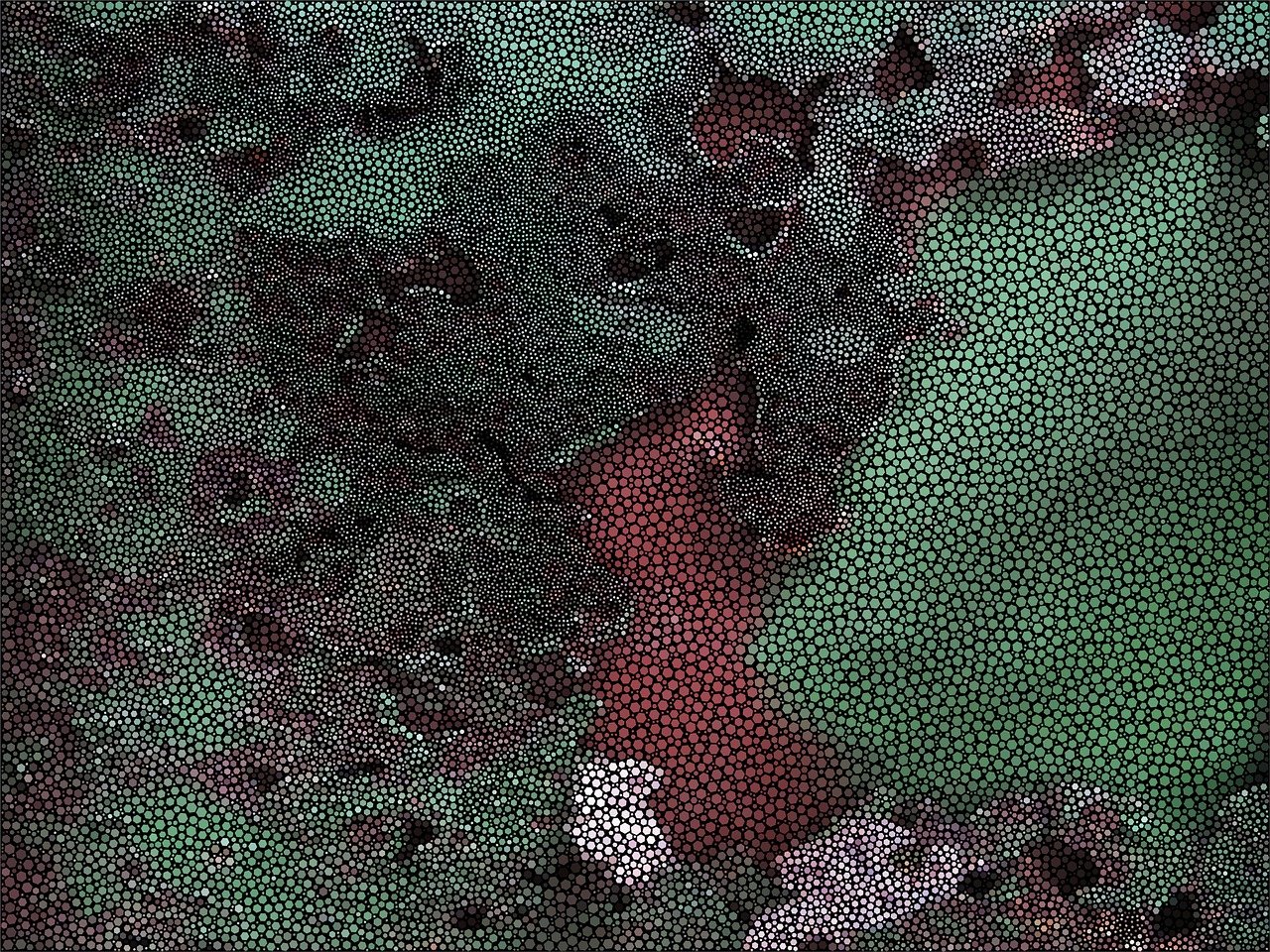SDS Seminar Series – Dr. Laura Hatfield
Mar
1
2024

Mar
1
2024
Description
The Spring 2024 SDS Seminar Series begins on March 1st from 2:00 p.m. to 3:00 p.m. with Dr. Laura Hatfield (Health Care Policy (Biostatistics), Department of Health Care Policy, Harvard Medical School). This event is in-person.
Title: Predict, Correct, Select: A New General Identification Strategy for Controlled Pre-Post Designs
Abstract: Whether policies that expand access to firearms reduce or increase crime is a question of fierce debate. To study it, researchers may observe changes in crime among people exposed to a change in firearm law and compare these changes to those of an unexposed comparison group. With some counterfactual assumptions, this enables causal conclusions about the effects of gun laws. However, these empirical investigations have reached widely varying conclusions depending on the specifics of their methods. The policy debate is therefore stymied by disagreements over the "correct" causal model. In this talk, I describe a novel identification framework for controlled pre-post designs. We use models to predict untreated outcomes and correct the treated group's predictions using the comparison group's observed prediction errors. The crucial identifying assumption is that the treated and comparison groups would have equal prediction errors (in expectation) under no treatment. To select the best prediction model, we propose a data-driven procedure that is motivated by design sensitivity. We choose the prediction model that is most robust to violations of the identification assumption by observing the differential average prediction errors in the pre-period. Our approach offers a way out of the debate over the "correct" model by choosing the most robust model instead. It also has the desirable property of being feasible in the "locked box"' of pre-period data only and accommodates the range of prediction models that applied researchers employ. We use our procedure to select from a set of candidate models and estimate the effect on homicide of Missouri's 2007 repeal of its permit-to-purchase law.
Location
This virtual event requires software to participate. Get help with Zoom or Microsoft Teams.
Please contact Stat.admin@austin.utexas.edu for the zoom link.
Share
Other Events in This Series
Oct
11
2024
SDS Seminar Series – Mingyuan Zhou, University of Texas at Austin
Building Faster, Better, and Safer Deep Generative Models via Score Identity Distillation
2:00 pm – 3:00 pm • In Person
Speaker(s): Mingyuan Zhou
Oct
18
2024
SDS Seminar Series – Sherry Zhang, University of Texas at Austin
Pivoting between Space and Time: Spatio-Temporal Analysis with Cubble
2:00 pm – 3:00 pm • In Person
Speaker(s): Sherry Zhang
Oct
25
2024
SDS Seminar Series – Matt Koslovsky, Colorado State University
Sparse Dirichlet-Multinomial Models
2:00 pm – 3:00 pm • In Person
Speaker(s): Matt Koslovsky
Nov
1
2024
SDS Seminar Series – Aaditya Ramdas, Carnegie Mellon University
A Game-Theoretic Theory of Statistical Evidence
2:00 pm – 3:00 pm • In Person
Speaker(s): Aaditya Ramdas
Nov
8
2024
SDS Seminar Series – Myungsoo Yoo, University of Texas at Austin
Dynamic Spatio-Temporal Model Integrating Physics for Fire Front Propagation
2:00 pm – 3:00 pm • In Person
Speaker(s): Myungsoo Yoo
Nov
15
2024
SDS Seminar Series – Rafael Irizarry, Harvard University
Twenty-Five Years of Data Science: Music, Genomics, and Public Health Surveillance
2:00 pm – 3:00 pm • In Person
Speaker(s): Rafael Irizarry
Mar
7
2025
SDS Seminar Series - Arun Kuchibhotla, Carnegie Mellon University
Adaptive Inference Techniques for Some Irregular Problems
2:00 pm – 3:00 pm • In Person
Speaker(s): Arun Kuchibhotla
Mar
28
2025
SDS Seminar Series – Po-Ling Loh, University of Cambridge
Differentially Private M-estimation via Noisy Optimization
2:00 pm – 3:00 pm • In Person
Speaker(s): Po-Ling Loh
Apr
18
2025
SDS Seminar Series – Richard Samworth, University of Cambridge
How Should We Do Linear Regression?
2:00 pm – 3:00 pm • In Person
Speaker(s): Richard Samworth
Sep
5
2025
SDS Seminar Series – Sarah Coleman, University of Texas at Austin
A Linear Mixed Effects Model for Evaluating Synthetic Gene Circuits
2:00 pm – 3:00 pm • In Person
Speaker(s): Sarah Coleman










